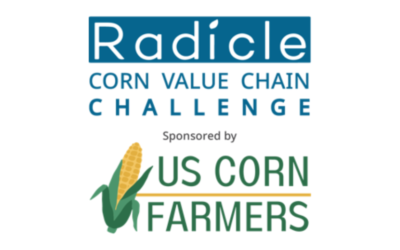GES Global Ethanol Summit is an education and trade forum, held Oct. 16-18, that seeks to elevate bioethanol’s international visibility and ongoing successful initiatives as a viable decarbonization solution within the transportation sector. More than 350 ministerial-level officials and industry leaders, bioethanol producers and refiners from more than 40 countries are attending this year to learn about the numerous environmental and human health benefits of globally expanding the use of biofuels.
“Southeast Asia represents an exciting opportunity for global carbon reduction and increased exports as the region’s population continues to grow,” said Mackenzie Boubin, USGC director of global ethanol export development. “As key decisionmakers and change agents engage with our programs, we further solidify those crucial relationships while deepening stakeholders’ knowledge of ethanol’s benefits and value chain.”
The U.S. ethanol industry is a major servicer for the Philippines, supplying roughly 40 percent of the country’s annual ethanol demand of 170 million gallons. The Philippines implemented an E10 mandate in 2011 and is currently evaluating an expansion of the fuel ethanol policy.
The Philippines delegation is seeking to better understand retail infrastructure requirements for ethanol blends higher than E10. Additionally, government representatives in the Philippines are keen to learn about vehicle compatibility with higher ethanol blends such as E20.
Thailand produces and consumes 370 million gallons of ethanol per year, making it the seventh-largest market in the world. Domestic policy requires gasoline to be mixed with 10% ethanol when sold to the public, yielding the RON92 and RON95 that is sold at the retail level. E20 and E85 were introduced in 2008, helping create stronger demand for local producers.
The Thai government and ethanol industry are increasingly evaluating opportunities in value-added new-use spaces for bioethanol – in particular, sustainable aviation fuel (SAF) and bioplastics. In the coming years, the Ministry of Energy plans to shift some domestic ethanol capacity to produce blendstock for SAF, using the ethanol-to-jet/alcohol-to-jet production pathway.
# # #


